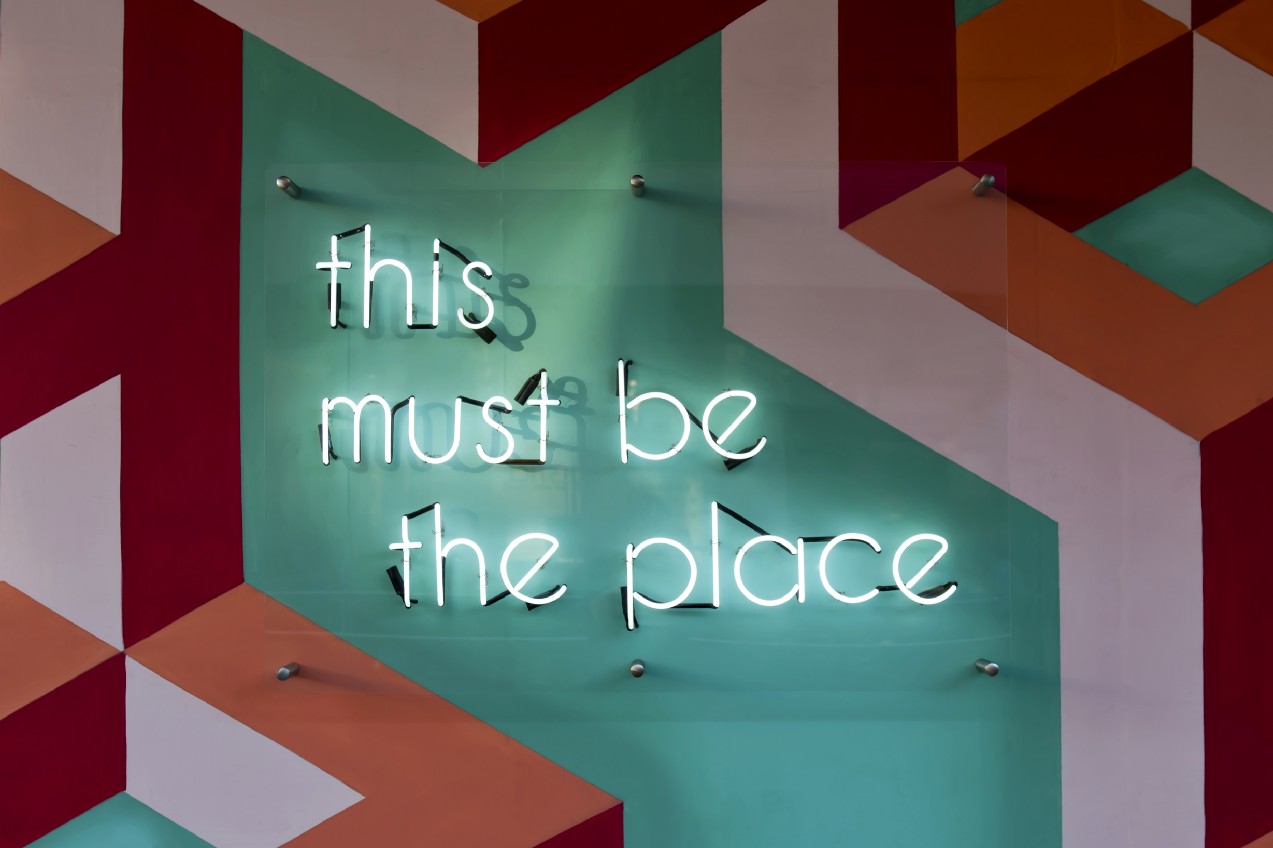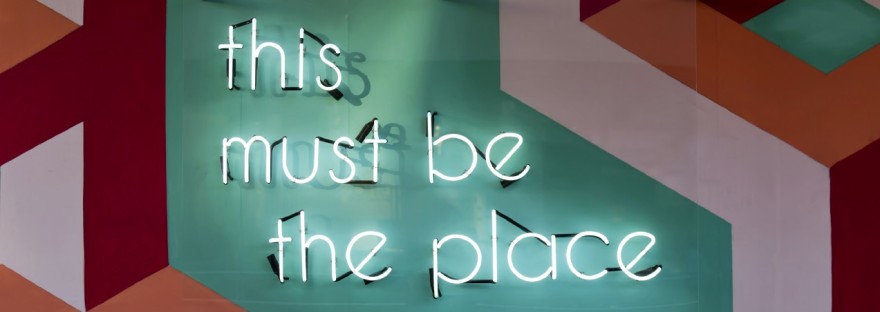How long does it take to become who you want to be?

You can’t become a writer without actually writing; that is pretty clear. I had been dreaming of becoming a writer for years. Maybe you have, too. The logical goal to set when I got serious about becoming a writer was to begin a practice of writing daily. But how do you know when you are a writer and not in the process of trying to become one?
When did Hemingway or J.K. Rowling become a writer? Was it the day their first book was published? Or did it start the first day they put pen to paper? Neither. It was the day they took ownership and believed that they were writers.
I recognized the years of practice I already have
In the book Everybody Writes, Ann Handley puts forth the idea that if you do any writing at all, whether it is sending emails, posting on social media, or in the course of your corporate workday, you are a writer. I can see a massive body of work that I have created over decades by looking at it this way. In fact, I am pretty prolific as a writer in that sense. You are too. I thought of a writer as earning their living doing nothing but writing. By that definition, there is a long road ahead for me. Someday, writing may be a full-time career, but today it is an identity that you and I can adopt and try on for size.
I started describing myself as a writer
Start owning your new role as a writer by adopting the title and describing yourself differently to your family, friends, and work colleagues. The key is to start talking about yourself as a writer, even if you are still in the side hustle phase. For example, even though I am employed as a marketing manager and university instructor, I have started describing myself as a writer. It feels odd at first, but the more you say it, the more natural the identity becomes until you no longer question it.
The way I see myself changed
Writers are storytellers. Write the story about who you want to be in your mind and tell yourself the narrative you need to hear until you believe it. For example, instead of framing myself as a marketing manager who writes and teaches on the side, I see myself as a writer and teacher who supports my family by working as a marketing manager until writing and teaching take over paying the bills.
Growing my body of work gave me momentum
We have already established that you and I have a great deal of experience in everyday writing. Now focus on creating a track record of work that aligns with the writing identity you want for yourself. For me, that means writing articles about topics I care about on Medium, LinkedIn, and my blog and earning a following on those platforms. It also helps to decide what does not interest you. For example, I am not into fiction, and I don’t want to write a book right now.
Show yourself the proof by doing the work and share your writing with the world in a way that allows you to get feedback. You will start to believe you are a writer when you can see the work in print and become part of a writing community. After several months with over a dozen published articles, it gets easier to look back and see the evidence that reinforces a writer’s identity.
I reported progress to a friend who support my journey
Once you have a little confirmation of your identity as a writer, or even before, go public. Early on, tell a trusted friend or family member who will support you and your crazy dream. Find someone who can be a cheerleader for you when you doubt yourself. My best friend always encourages me my dreams and is willing to celebrate my small wins.
I updated my professional profiles on public platforms
As soon as possible, edit your digital profiles and bios to include your new title. If you say you are a writer, others will also begin to think of you that way. Once I changed my LinkedIn, there was no going back, and it made me want to write more to corroborate my claim. Oddly enough, I felt more comfortable sharing my writing identity in professional circles more than personal ones.
When I felt nervous, I knew I was doing something right
It’s okay to be scared to embrace your identity as a writer. Do it anyway. When we are changing and growing, there will be a feeling of uncertainty and fear, which you can channel into excitement for what’s coming next. We need to get out of our comfort zones to make progress. The most significant accomplishments in my life have always come when I have had butterflies in my stomach.
I have been patient and willing to evolve
At first, you won’t be the writer you envision you can be later. That is okay. Being a writer is a process, not a destination. Keep writing, and eventually, you will figure out what kind of writer you want to be. You created the idea of who you want to be, and you can change it. For now, you are a writer, full stop. I admit I struggle here because I like to plan my life in detail. I remind myself to be patient and let the path unfold as I develop my writing skills.
With experience, you will niche down and find your audience or target market. You can experiment with self-help, business, inspiration, fiction, poetry, and other genres as a writer. There is no limit to what you can explore. Your beliefs about what you are qualified to write are the only limits involved.
My skills improved with action
You will be surprised by how much you teach yourself as you write. Of course, you need to have some knowledge, but you can also research areas of interest. Don’t wait to be an expert before you begin, or you will never do anything at all.
I recorded the journey so I can see my progress
Use a journal or some other method to track your journey. I can now go back two years and see the flicker of a dream start taking shape as I wrote down goals, took steps, and began to achieve writing milestones over time. You will also notice when your journey accelerates or falters when you track.
Looking back, I have blog entries from several years ago, then a multi-year void, followed by a growing number of current posts and articles on multiple platforms over the last few months. Monthly tracking shows that I am now writing several hundred words daily, at least six days a week. I can see that I am not the same person I was two years ago when I was an aspiring writer versus today when I am not afraid to say I am a writer.
I am a writer today. And you can decide to be one too.
How long does it take to become a writer? One day. The day you recognize that writing is essential to you and begin writing with intention. Decide today and start doing the work; that’s it. You are now officially a writer.
How long does it take to become the writer you want to be? That is a trick question. Your idea of who you want to be as a writer will evolve as you write. Recognize that being a writer is a lifelong journey. For now, you may be a blogger, a worthy goal that you can quickly achieve. Someday you may be a recognized writing authority or best-selling author, which will be more challenging and take longer. Celebrate the writing identity you have now and lay the groundwork for the writing identity you want to have later.
You are a writer today. Tell the world, do the work and enjoy the journey.


Thank you for this fantastic post!
Thank you so much for the feedback, Sheryl.